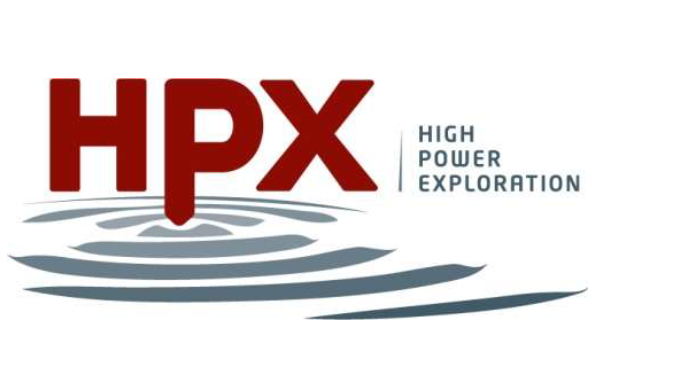The unfolding situation surrounding the March 2022 Framework Agreement between the Liberian government and High Power Exploration (HPX) reveals a deeply concerning convergence of legal irregularities and corporate overreach, potentially jeopardizing Liberia’s national sovereignty and economic stability. HPX, leveraging the questionable legality of the agreement, is exerting undue pressure on the Liberian government, threatening financial penalties and demanding operational control over critical infrastructure. This aggressive posture warrants immediate scrutiny and decisive action by the Liberian National Legislature.
At the heart of the controversy lies the Framework Agreement itself, often referred to as the “Weah agreement.” Its legitimacy is severely compromised by the lack of proper legislative ratification. Signed without adequate parliamentary oversight, the agreement bypasses established democratic processes, raising serious constitutional questions about its enforceability and the validity of the obligations it purports to impose on Liberia. This procedural deficiency not only weakens the agreement’s legal standing under Liberian law but also exposes the government to significant legal and financial risks should HPX choose to enforce its provisions, particularly the contested default clause.
HPX’s actions further compound the concerns surrounding the Framework Agreement. The company’s threat to declare a default and demand a hefty penalty of US$37 million, compounded annually at 10%, if an Access Agreement is not signed by a specified deadline, appears less like contractual enforcement and more like an attempt to coerce the Liberian government into accepting unfavorable terms. The demand for a 30 mtpa rail capacity, despite the actual capacity remaining undetermined, coupled with the insistence on removing ArcelorMittal, a seasoned operator with a proven track record in managing Liberia’s rail operations, further underscores HPX’s questionable motives. These demands appear to prioritize the interests of external investors, particularly those involved in Guinean iron ore transit, over Liberia’s own developmental needs and established practices.
The nature of the US$37 million payment adds another layer of complexity to the situation. Characterized by HPX as an investment, the payment appears more akin to a loan, given the demand for repayment with a high compounded interest rate. Such a substantial loan, according to Liberian law, requires legislative ratification, which the Framework Agreement lacks. This raises serious questions about the legality of the payment itself and potentially exposes the agreement to challenges of being a predatory loan disguised as an investment. This lack of transparency and adherence to legal procedures highlights the need for thorough investigation and accountability.
Given the gravity of these issues, the Liberian National Legislature has a critical role to play in safeguarding national interests. A public hearing on the Framework Agreement is not merely advisable; it is essential. Such a hearing would provide a platform for a comprehensive review of the agreement’s legality, terms, and implications for Liberia’s sovereignty and economic policy. It would also offer an opportunity for stakeholders, including civil society groups, industry experts, and concerned citizens, to voice their concerns and demand transparency. Failing to address these issues risks locking Liberia into unfavorable obligations, undermining its regulatory and legal integrity, and setting a dangerous precedent for future agreements.
The National Legislature must exercise its oversight authority to ensure that all contractual obligations are thoroughly vetted and comply with Liberian law. This includes scrutinizing the nature of the US$37 million payment, determining whether it qualifies as a loan requiring legislative approval, and assessing the implications of HPX’s demands regarding rail capacity and operational control. The Legislature must challenge HPX to substantiate its claims through proper arbitration channels or withdraw its coercive threats. Decisive action is crucial to protect Liberia from external pressures, uphold the rule of law, and promote sustainable development that prioritizes the nation’s interests.
The current situation demands immediate action. The Liberian National Legislature must prioritize the holding of public hearings to dissect the Framework Agreement, demand accountability from all parties involved, and reaffirm Liberia’s commitment to transparent and lawful governance. Delaying action will only exacerbate the risks, potentially leading to long-term economic and political consequences for the nation. The time for decisive leadership and unwavering commitment to protecting Liberia’s sovereignty is now.














